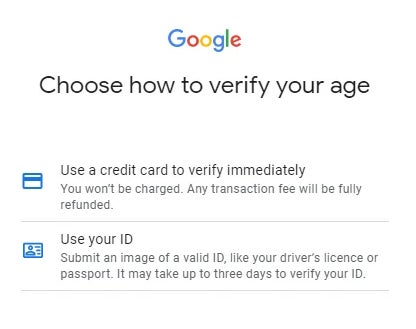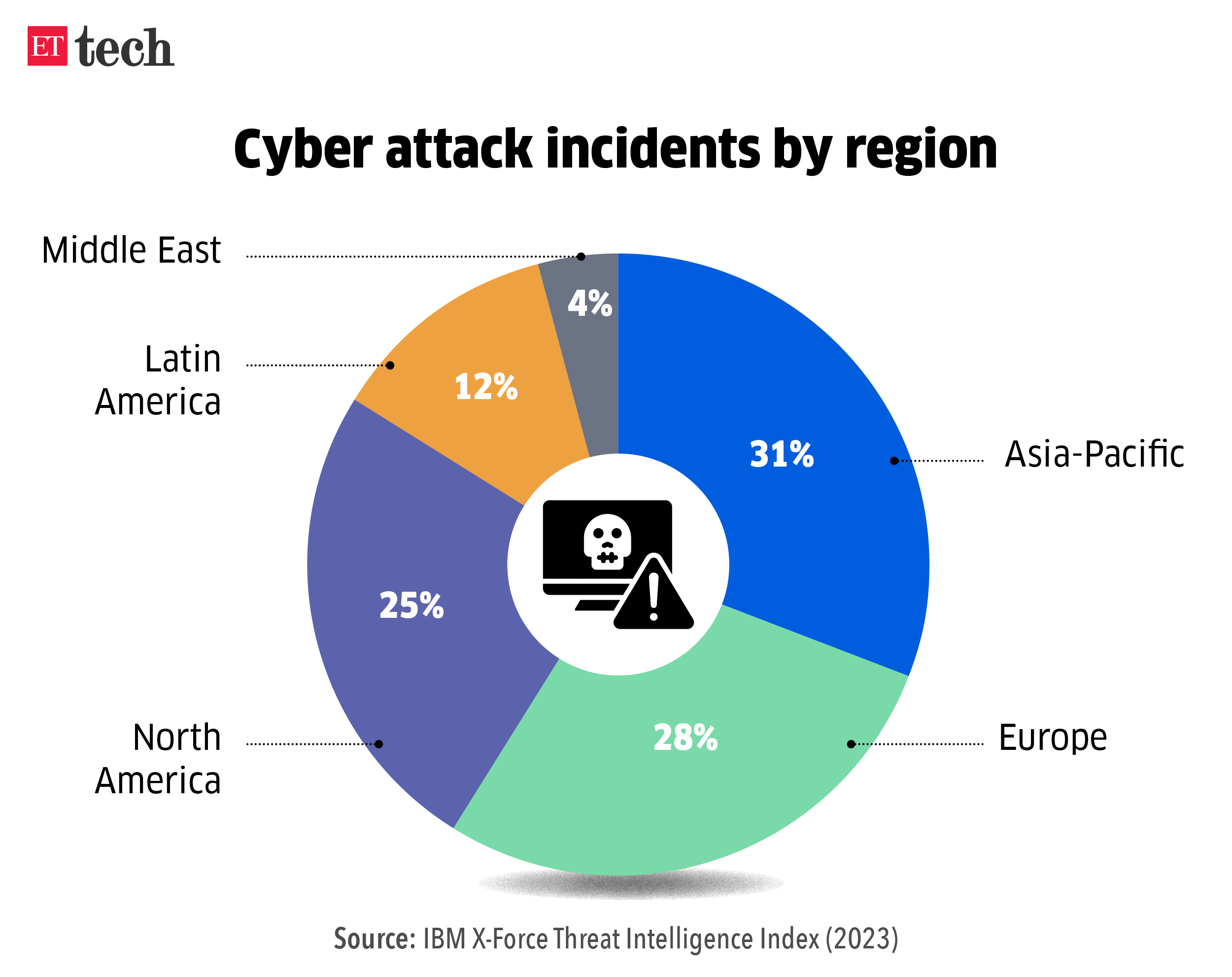Google's AI Age Estimation: Protecting Minors or Invading Privacy?

Google's AI Age Estimation: Protecting Minors or Invading Privacy?
Google is rolling out a new experiment in the US: machine-learning powered age estimation. This technology aims to determine a user's age based on various signals, raising questions about online safety, advertising practices, and potential privacy implications.

Google plans to make it harder for teens to lie about their age ...
Why is Google Doing This?
The primary goal is to ensure age-appropriate content and advertising. By accurately estimating a user's age, Google can restrict access to content deemed unsuitable for minors and tailor advertising to be more relevant and safer. This initiative follows similar measures implemented for YouTube and is now being extended to Google accounts at large.
- Protecting younger users from harmful content.
- Ensuring compliance with advertising regulations.
- Creating a safer online environment.
How Does it Work?
Google's age estimation model analyzes a "variety of signals already associated with a user's account" to determine their age, regardless of the user-provided birthday. While the exact signals remain somewhat vague, they likely include browsing history, search queries, and other data points. If a user believes they have been incorrectly tagged, they can verify their age using a photo of their government ID or a selfie.
Privacy Concerns and Potential Issues
While the intention behind age estimation is commendable, it raises several privacy concerns. The accuracy of the model is crucial; misclassifying a user's age could lead to unnecessary restrictions or inappropriate content exposure. Furthermore, the collection and analysis of user data for age estimation purposes could be perceived as an invasion of privacy, especially if users are not fully aware of how their data is being used.
- Accuracy of age estimation.
- Potential for misclassification.
- Data privacy and security.
What’s Next?
Google's experiment with machine-learning powered age estimation is still in its early stages. It remains to be seen how accurate and effective this technology will be in practice, and how users will respond to it. As the technology evolves, it will be essential to address privacy concerns and ensure transparency in data collection and usage.
References
- Wikipedia Age verification system
- 9to5Google Google starts rolling out ML-powered age estimation in the US
- The Guardian YouTube to gauge US users’ ages with AI after UK and Australia add age checks
- TechCrunch Google is experimenting with machine-learning powered age estimation tech in the U.S.
- PPC Land Google begins machine learning age detection for ad protections in US
- Adweek Google to Use Machine Learning to Estimate Users’ Age and Block Them From Restricted Content and Ads
- Feature Image





